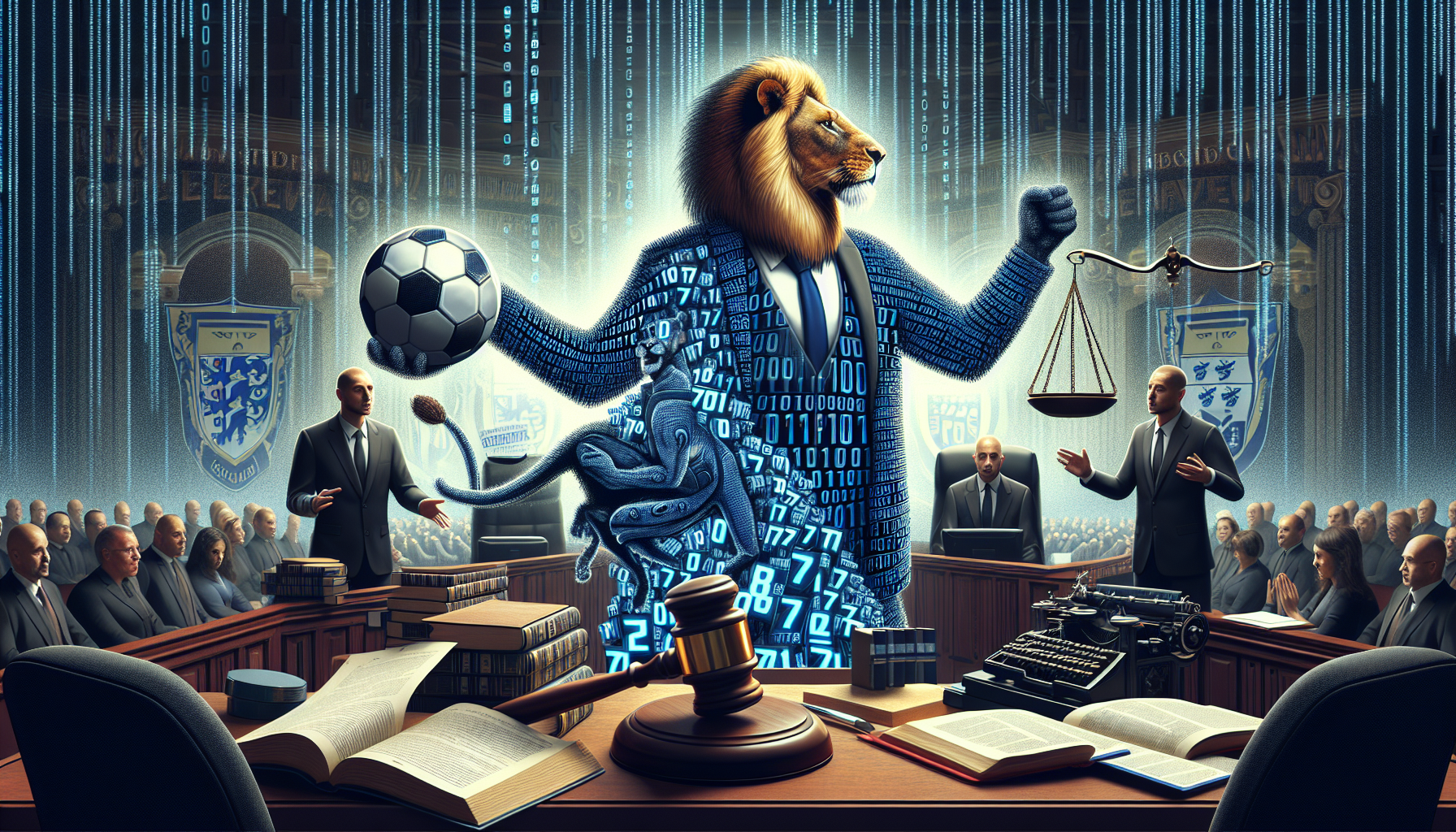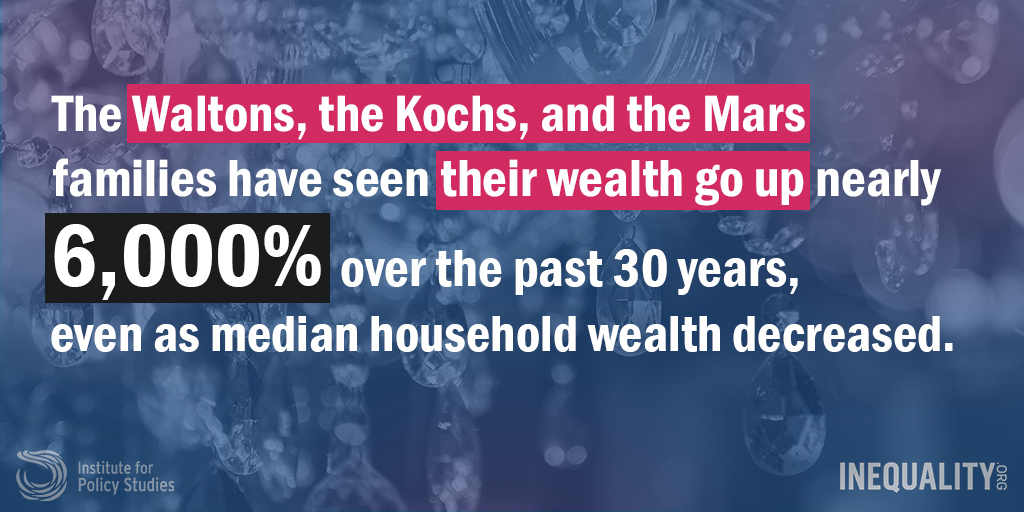New Pushback: Car Dealers Challenge Electric Vehicle Regulations

Table of Contents
Economic Concerns of Car Dealerships
Stricter electric vehicle regulations pose significant economic challenges for car dealerships, traditionally reliant on the higher profit margins associated with internal combustion engine (ICE) vehicles. The shift to EVs disrupts this established business model in several key ways. Dealerships face reduced service revenue, as EVs require significantly less maintenance than gasoline cars. This impacts their revenue streams and profitability. Furthermore, adapting to the new EV landscape demands substantial investments. Dealerships need to invest in new infrastructure, specialized tools, and training for their staff to service and repair EVs effectively. The uncertainty surrounding EV sales volume and market stability further exacerbates these economic concerns. The potential impact on the used car market, a significant revenue source for many dealerships, is another major worry.
- Reduced service revenue: Fewer moving parts in EVs mean less frequent and less costly repairs.
- Increased investment: Upgrading facilities, acquiring specialized EV tools, and providing technician training are costly.
- Market uncertainty: Fluctuations in EV sales and consumer demand create economic instability for dealerships.
- Used EV market impact: The resale value and demand for used EVs are still evolving, posing uncertainty for dealerships' used car operations.
Arguments Against the Stringency of Current Electric Vehicle Regulations
Car dealerships are voicing concerns about the pace and stringency of current electric vehicle regulations. Central to their arguments is the question of consumer readiness. Many believe that the infrastructure necessary to support widespread EV adoption isn't yet in place. The lack of a robust and readily accessible charging network, particularly in rural areas, contributes significantly to range anxiety, a major concern for potential EV buyers.
Beyond infrastructure, dealerships highlight the higher upfront cost of EVs compared to gasoline vehicles, a significant barrier for many consumers. Concerns about battery life, range limitations, and charging times further fuel the argument against rapid regulatory changes. Dealerships also emphasize the need for greater consumer awareness and education regarding the benefits and practicalities of owning and operating an EV.
- Insufficient charging infrastructure: A lack of widespread, convenient, and reliable charging stations hinders EV adoption.
- High upfront cost: The initial purchase price of EVs remains a considerable barrier to entry for many consumers.
- Battery life and range anxiety: Concerns about battery longevity, limited range, and charging times persist.
- Lack of consumer education: Many consumers remain uninformed about the benefits and practicalities of EV ownership.
The Role of Government Incentives and Support
Governments play a crucial role in navigating the transition to EVs while mitigating the challenges faced by car dealerships. Effective government policies are essential to both accelerate EV adoption and support the automotive industry's adaptation. Currently, many governments offer tax credits and subsidies for EV purchases and infrastructure development. These incentives are vital in making EVs more affordable and accessible to consumers. However, more comprehensive support is needed for dealerships themselves.
Government-funded training programs for dealership staff can help address the skills gap in EV servicing and repair. Significant investment in expanding the charging network is crucial to alleviate range anxiety and encourage EV adoption. Regulations that promote competition and innovation in the EV sector can drive down costs and improve technology, further benefitting both consumers and dealerships.
- Financial incentives: Tax credits and subsidies for EV purchases and charging station installations.
- Dealership training programs: Government-funded initiatives to train dealership staff on EV servicing and maintenance.
- Charging infrastructure investment: Public funding to expand the charging network, particularly in underserved areas.
- Promoting competition: Policies that encourage innovation and competition in the EV sector to lower costs and improve technology.
The Future of Electric Vehicle Regulations and the Dealership Landscape
The future of electric vehicle regulations will depend on the ongoing dialogue between policymakers, automakers, and dealerships. Finding a balance that supports the transition to sustainable transportation while addressing the economic concerns of dealerships is crucial. Several scenarios are possible. One potential outcome involves a more gradual implementation of stricter regulations, allowing dealerships time to adapt their business models. Compromises might involve increased government support for dealership retraining and infrastructure development.
Ultimately, the long-term implications for the automotive industry and consumers will be profound. Dealerships will likely need to adapt, perhaps embracing new service models, focusing on EV maintenance, and potentially expanding their offerings to include energy solutions. The integration of technology, such as smart charging management and battery health monitoring, will also play a significant role in shaping the future.
- Phased regulation: A gradual increase in EV adoption targets, giving dealerships time to adapt.
- Dealership adaptation: Evolution of dealership business models to focus on EV servicing, energy solutions, and new technologies.
- Technological integration: The role of smart charging, battery health monitoring, and other technological advancements.
Conclusion: Navigating the Challenges of Electric Vehicle Regulations
The pushback against electric vehicle regulations highlights the complex interplay between environmental goals, economic realities, and industry adaptation. While the transition to electric vehicles is undeniably essential for a sustainable future, ignoring the economic concerns of car dealerships risks jeopardizing the smooth implementation of these vital regulations. A balanced approach, incorporating robust government support for dealerships alongside continued efforts to accelerate EV adoption, is necessary to navigate this challenge effectively. Stay informed about the evolving landscape of electric vehicle regulations and their impact on you.

Featured Posts
-
 Vybz Kartel Announces Nyc Barclay Center Concert This April
May 21, 2025
Vybz Kartel Announces Nyc Barclay Center Concert This April
May 21, 2025 -
 Lack Of Funds Overcoming Financial Barriers
May 21, 2025
Lack Of Funds Overcoming Financial Barriers
May 21, 2025 -
 1 050 Price Surge At And T Sounds Alarm On Broadcoms V Mware Deal
May 21, 2025
1 050 Price Surge At And T Sounds Alarm On Broadcoms V Mware Deal
May 21, 2025 -
 Aimscap And The Wtt Lessons Learned And Future Implications
May 21, 2025
Aimscap And The Wtt Lessons Learned And Future Implications
May 21, 2025 -
 Love Monster In Popular Culture
May 21, 2025
Love Monster In Popular Culture
May 21, 2025
Latest Posts
-
 The Billionaire Boy Phenomenon A Sociological And Economic Analysis
May 21, 2025
The Billionaire Boy Phenomenon A Sociological And Economic Analysis
May 21, 2025 -
 Billionaire Boy Challenges And Responsibilities Of Inherited Fortune
May 21, 2025
Billionaire Boy Challenges And Responsibilities Of Inherited Fortune
May 21, 2025 -
 Understanding The Billionaire Boy Exploring The Dynamics Of Inherited Wealth
May 21, 2025
Understanding The Billionaire Boy Exploring The Dynamics Of Inherited Wealth
May 21, 2025 -
 The Life Of A Billionaire Boy Examining Upbringing Education And Future Prospects
May 21, 2025
The Life Of A Billionaire Boy Examining Upbringing Education And Future Prospects
May 21, 2025 -
 Billionaire Boy A Deep Dive Into Wealth And Privilege
May 21, 2025
Billionaire Boy A Deep Dive Into Wealth And Privilege
May 21, 2025
